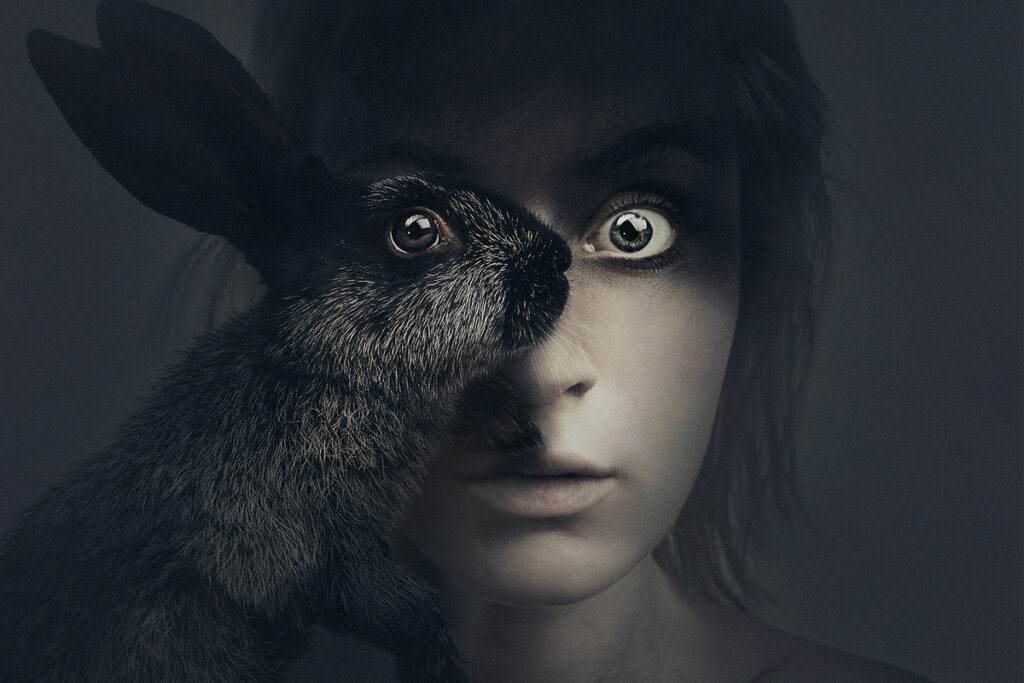Understanding the Differences Between a Psilocybin Trip and Psilocybin Therapy
In today’s blog post, we’re going to explore the multilayered depths of the infamous psilocybin mushroom or magic truffle experience. We’ll also be discussing the difference between embarking on a solitary or friendly magic mushroom trip versus guided psilocybin assisted therapy.
What is a Psilocybin Journey?
A psilocybin journey, also known as a magic mushroom or truffle experience, can be transformative. It’s a mind-altering journey that completely shatters your understanding of what you thought you knew, changing your perception.
“It might give you a feeling of oneness, of connectedness. It can open your eyes to the incredible beauty that surrounds us.”
These enchanting fungi can provide a fresh perspective, even on deep-seated problems, tugging at the threads of the most intricate mind puzzles until they unravel. Philosophers around the world adore these natural wonders for the incredible insight they provide.
Delving into the Subconscious Mind through Psilocybin Experiences
One significant aspect of the psilocybin experience is that it often grants access to your subconscious mind. Every vision, every sensation is deeply tied to your subconscious. This uncanny ability to dive into the subconscious mind and reveal different perspectives forms the spiritual backbone of the magic mushroom teachings.
However, this journey can take an unexpected turn when the mushroom’s access to your subconscious brings up traumatic, unprocessed emotions from the past. From small, seemingly insignificant incidents like being sent to your room for a timeout, to more serious forms of abuse. The magic mushroom can dig up these dormant wounds and bring them to the surface.
“The Psilocybin experience removes the protective barriers we have build around our childhood wounds. Our nervous system wants to process them.”
Yet, when old memories of trauma surface during a solo or friend-supported trip, the experience can feel immeasurably overwhelming. This is often referred to as a “bad trip,” and it’s essentially unprocessed trauma resurfacing in an unprepared and unsafe setting.
Psilocybin Assisted Therapy
This is where psilocybin assisted therapy truly shines. It makes a significant difference when a professional therapist, well-versed in the realm of psychedelics, is there to guide you through these kinds of profound, emotional earthquakes.
A therapist may ask you questions to better understand what you’re experiencing, but their primary role is to create a safe space where you can process your submerged past pains. Healing yourself from these deep-seated traumas can still be challenging, but it’s more manageable with the help of a skilled therapist.
“The bad trip is turned into a challenging one that is really worthwhile because we will process so much unprocessed material from our past.”
Also, unlike casual psilocybin trips, psilocybin assisted therapy focuses on setting a careful, conscious intention at the outset. You discuss this with your therapist during a preparatory session where you discuss what you hope to achieve through therapy. This could be anything from overcoming depression or PTSD to improving your relationships.
When you remember your intention during the psilocybin experience, your journey will be guided by the course you’ve decided on. This makes psilocybin therapy quite different from a regular psychedelic journey, and it often encourages past unresolved trauma to resurface.
Conscious Intent During the Psilocybin Experience
Another crucial difference between casual usage and therapy is the aim of the experience. On a casual psychedelic journey, psilocybin could merely be used as an escape mechanism—a chance to feel joy and forget about life issues temporarily. But in therapy, the idea is to face your challenges, powered by the intention to solve them.
“If you have a psilocybin therapist next to you, it’s much harder to escape yourself because they will bring you back to yourself constantly.”
Therapy offers support not just during the journey, but also before and after—providing a safe space, guidance, and catharsis.
In contrast, an unguided trip might involve fun, but it may fail to offer any profound, lasting changes that a therapeutic session can.
Find out more about our psilocybin assisted therapy sessions and psilocybin assisted retreat.
Photo by Flora Borsi
